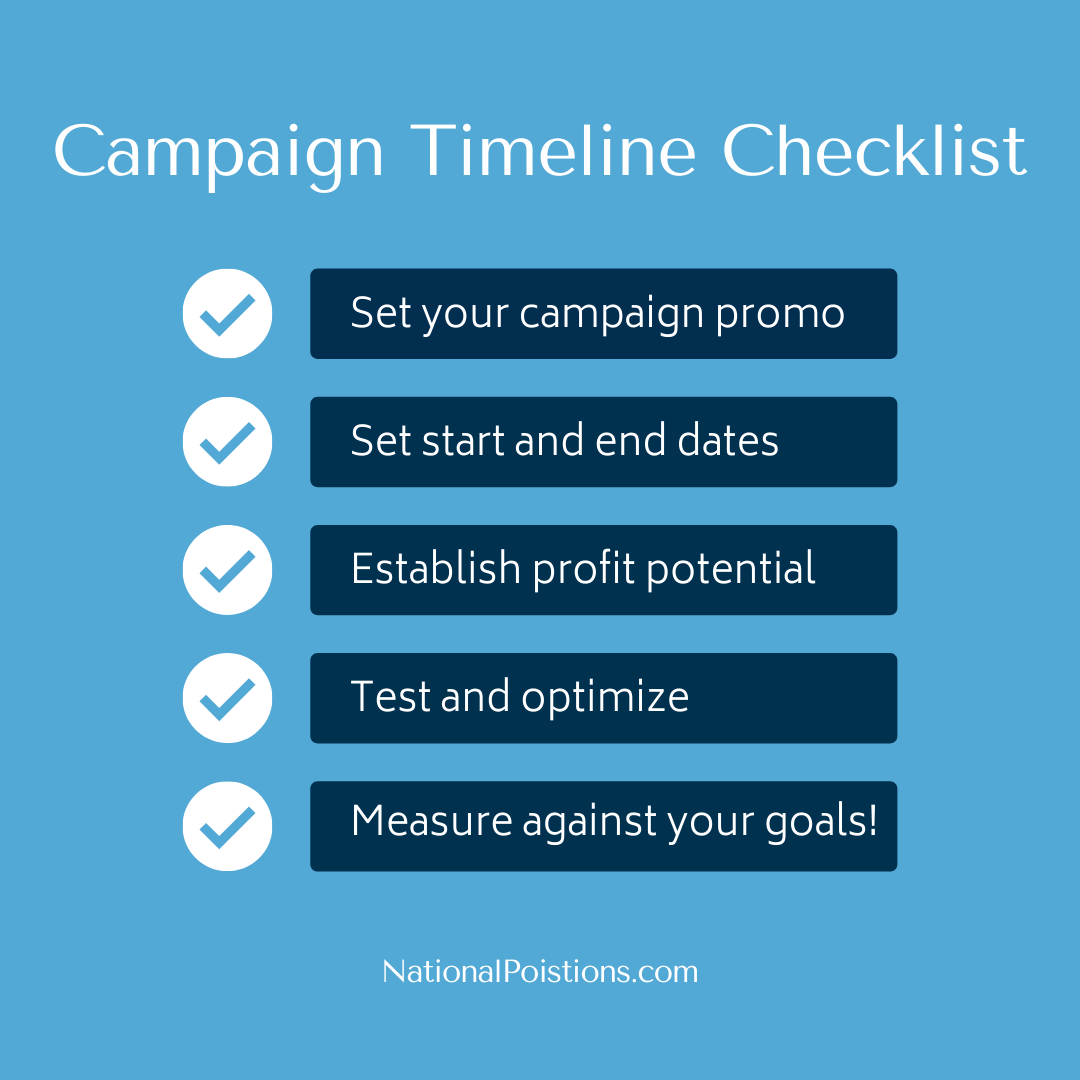 Marketers are expected to think creatively and strategically, whether they’re planning content or their marketing budget. Being a successful marketer requires the ability to create and adhere to a strict budget.
Marketers are expected to think creatively and strategically, whether they’re planning content or their marketing budget. Being a successful marketer requires the ability to create and adhere to a strict budget.
It is essential to achieve marketing growth while also taking cost-effective routes, so no money or efforts are wasted.
With that said, businesses mustn’t take the cheapest options because it will show in the delivery of marketing as well as the results. Instead, they should focus on quality while also doing all they can to avoid spending too much.
It can be tricky, but it isn’t impossible, especially if the marketing budget is planned carefully.
There are a few things to consider when building a marketing strategy and budget, and we’ll lay them out for you here.
Marketing Goals
The first step for any marketer is establishing clear marketing goals. All further planning has to be based on what the company wants to achieve with its marketing efforts.
You should ask what drives the marketing campaigns and how the goals must be achieved. Improving PPC lead quality, enhancing or creating new SEO content to improve conversion, or driving sales through social media are a few example goals.

Once measurable marketing goals have been determined, you can start thinking about allocating your budget.
It’s important to remember that a paid media budget might seem expensive at first. When considering all the resources, it’s not unheard of to spend thousands on marketing.
That’s why you need to really plan your marketing budget carefully.
Without goal determination, a budget can become chaotic quite easily and you can lose sight of what’s important.
The most effective marketing strategies come from locking in scalable goals first. With the “end game” in mind, benchmarks or checkpoints can be put in place for measuring success.
This approach results in higher quality campaigns with better results, making them far more valuable in the short and long term.
Three Primary Calculations
Before you start determining how much your marketing budget should be, three calculations play an important role. These calculations will help you determine where money should be allocated to get the most out of marketing campaigns.
- Calculating Lifetime Customer Value
- Calculating Customer Acquisition Cost
- Calculating Customer Profitability
Once you have determined the worth of these, you will have a better idea of how your budget should look. There is some math involved in these calculations, but it isn’t headache-inducingly difficult, fortunately.
Lifetime Customer Value

Lifetime Customer Value (LCV), also known as Customer Lifetime Value (CLV), directly affects your revenue. It identifies the customers who contribute the most to your business and helps your brand directly market to people who actually spend money and time on the company.
Investing in marketing strategies that target lifetime customers is a sound idea, and the budget allocation here should be generous.
Companies that make the most of LCV and provide consistent value can enhance their customer retention and loyalty.
Customer Acquisition Cost
Customer acquisition is about the process companies follow to get new customers. Marketing is the main method and considers how much was spent to bring in the new customers.
To get an idea of your customer acquisition cost, you need to divide the marketing spending by the number of new customers gained during the marketing campaign.
For example, if you spent $2,000 on marketing in one year and gained 400 new customers from these efforts, your customer acquisition cost was $5.
Customer Profitability
As the name suggests, customer profitability is about how much money you make from each customer. Of course, this can be difficult to track unless you can keep a record of every customer and all their interactions with the company.
One way of monitoring customer profitability is by storing information such as purchases, returns, and complaints.
For example, if a customer buys your products in bulk, never asks for returns and doesn’t call your help center with complaints, they are considered very profitable.
However, if a customer buys small amounts of products every month, often requests returns and complains regularly, they aren’t considered (as) profitable.
Lifetime value of customers can be broken down to the average amount of money they spend, how many times they buy, and for how long they support the company.

These three calculations come together to give your company more data to work with, which affects the quality of their plans and strategies.
It also makes it easier for marketers to have detailed budgets that are accurate and achievable.
Timelines
Even the most meticulously planned strategy and budget can fall flat or fail without the implementation of timelines.
By planning out your campaigns in detail, determining launch timelines, and how much each activity will cost, you can also accumulate data for future budgets.
A reasonable timeline will allow your marketing team to test and optimize your campaigns, and your budget can be determined ahead of time. Keeping track of a campaign’s timeline also avoids spending too much time on it, which can be costly.

Working With a Marketing Agency
It’s not always easy to find time for advanced marketing planning. Running a business is a full-time job and often leaves one with little time for planning marketing campaigns.
That’s when marketing agencies prove to be really handy. They can come up with an exciting and creative paid media budget focused on digital advertising in a matter of days or weeks.
Working with a marketing agency does have its pros and cons.
On the downside, your costs may be higher than running marketing activities yourself. But, in working with an agency, there is more to consider than just cost.
On the upside, you are getting the experience that you need to ramp up success faster than you would otherwise, and if your brand leverages an agency rather than using an internal team, you are also saving on personnel costs.

Marketing agencies usually focus on areas like SEO, SEM, social media, email, and content marketing. And, if your agency is running more than one of these campaigns, there is a high likelihood that they can integrate and amplify the effectiveness of your campaigns as a whole.
If a marketing agency does not sound appealing, companies can also hire an in-house team. As with every other marketing budget decision, this decision should be fueled by the short- and long-term goals you have determined.
Build a Marketing Strategy and Budget That Meets Your Needs
In the end, the marketing budget and ideas that you create will be unique to your brand and goals. The advice shared here will point you in the right direction, but the journey and destination are yours to explore. As long as you keep these fundamental suggestions in mind, you should be able to create a cost-effective budget that is also comprehensive and realistic.
Reckon you might need some help in getting started? Our professional team is always ready to help out. You can reach them by calling (877) 866-6699 or clicking here.
